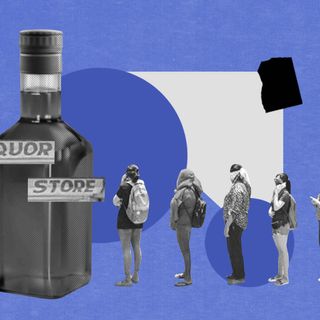A photography session for an old carpet? Or two piglets for a kayak? In Fiji, Samoa, Tonga, and Vanuatu, people are attempting barters to combat the precarious economic conditions induced by the Covid19 lockdown.
The Pacific island nations have not been hit extremely hard by the coronavirus pandemic. Yet, the lockdown has led to severe economic difficulties, as the tourism industry makes up a significant part of these nations’ income. According to the International Monetary Fund, Pacific Island Countries will see a 2.7% decline in growth, and a 40% decline in tourism, which makes up around 34% of the country’s GDP. Though some governments, like Fiji, have offered a stimulus fund, families are still struggling.
Because of this, citizens of these island nations came up with their own unique and popular solution: bartering goods and services. For example, In Fiji, a page called “Barter for Better Fiji” currently has over 120,000 members in a country around 900,000 individuals. However, what’s truly special about this new barter system, is the nonchalant kindness with which people in the Pacific islands use it. “Initially I bartered out of interest, but I now barter to help other people as I noticed that there are many families that need groceries because they have lost their jobs and they don’t have much to trade. I offer them groceries for whatever they are able to trade because I would love to help them,” MacaTabuya, a church pastor from Fiji, told The Guardian.
Related on The Swaddle:
Hawaii Launches A Unique Feminist Plan for Covid19 Economic Recovery
What’s also interesting about the resurgence of the barter system in the Pacific Islands, is its history as an indigenous practice. In Fiji, a practice named veisa, would involve the trade of a coveted item between people who lived far from each other. So, the people from the coast would trade their salt for the wild pigs that the people from the highland would bring.
Marlene Dutta, a business skill development consultant, told the Guardian that bartering is also useful, because it helps people save cash. She said, “For many people across the world and Fiji, money will be harder to come by and even harder to stretch out. The idea is to have an avenue where people get some things they need or want without spending money and that will help a lot and save their limited cash for bills, utilities, transport and other things that they need money for.”




